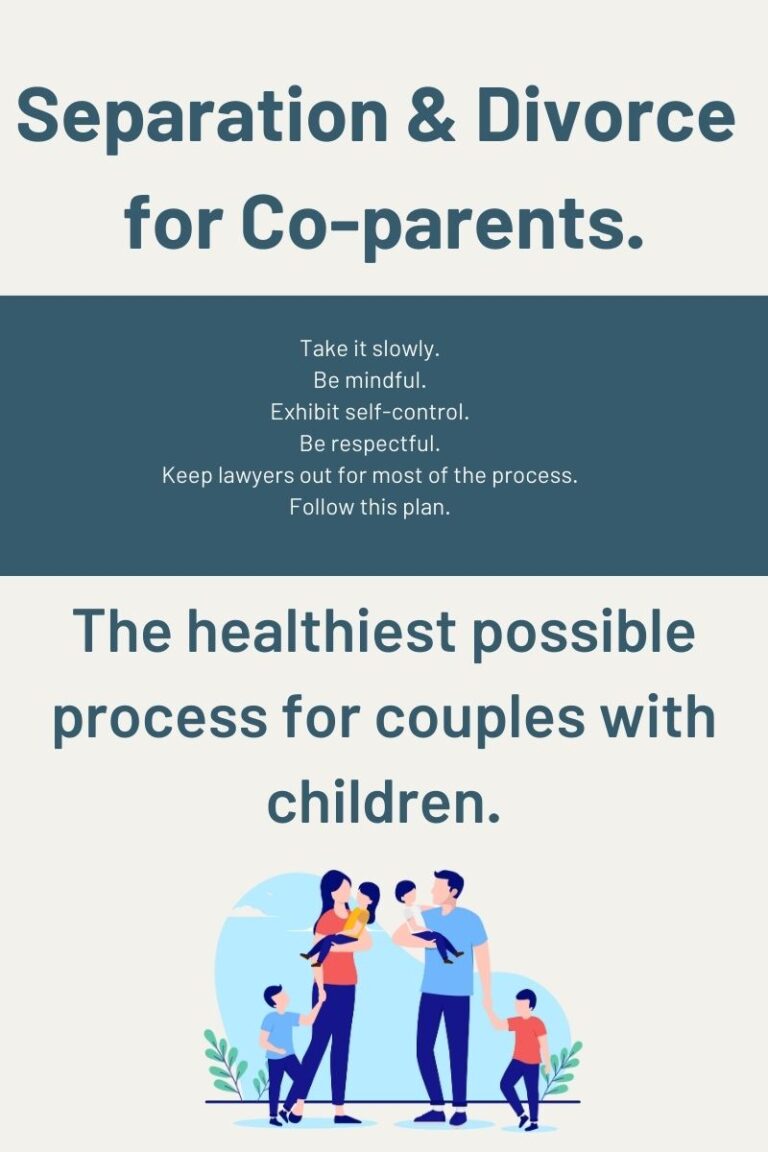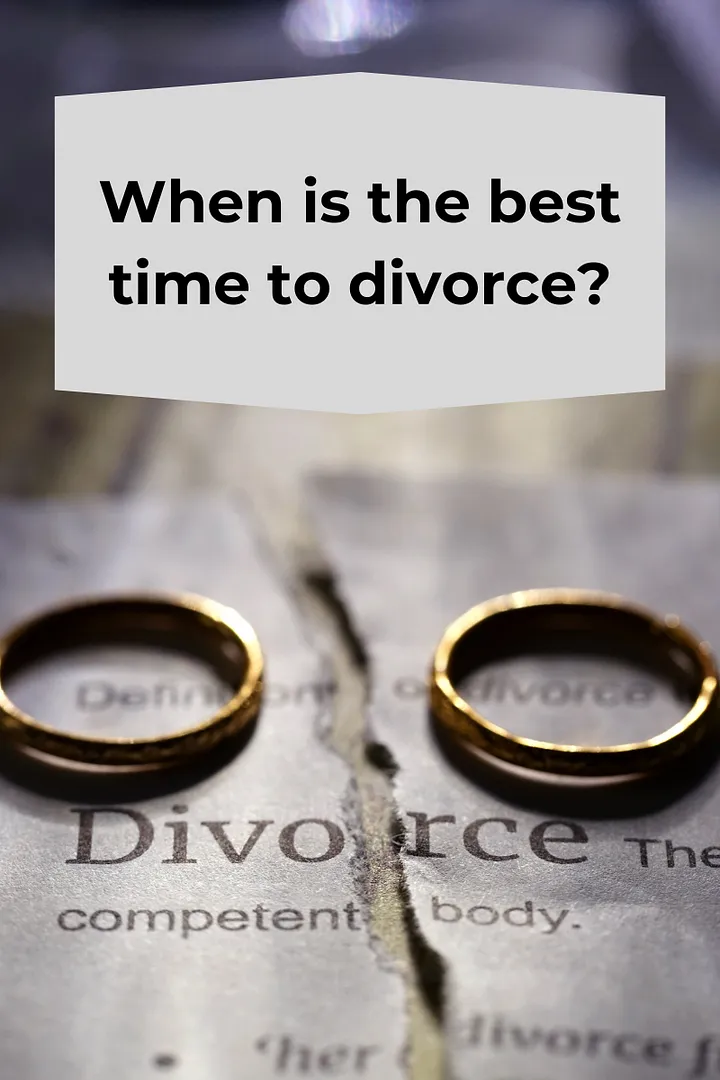You May Be To Blame If Your Relationships Are Toxic.
A relationship problem child says they’re never to blame.

If your life and relationships aren’t working, looking in the mirror is probably best rather than blaming others.
When it comes to couples and family therapy, a therapist works hard to be fair. Still, as I often say, marital or family problems are sometimes primarily due to one person’s unreasonable outlook, inability to discern reality accurately, and immature thinking and behavior. Over the years, I have witnessed some pretty shameless, cringeworthy, verbal and emotional abuse and toxic behaviors from all sorts of family members — adult siblings, parents, grown children, and spouses, and in every single case, the person has felt their behavior toward others was reasonable and justified. It’s difficult to wrap your mind around the mind that sincerely thinks being snarky, sarcastic, cruel, and contemptuous is okay.
People perceive things completely differently. I hear different versions of stories and try to sort through the finger-pointing and blame game to get somewhere close to the truth. I care less about the details than the patterns of behavior. It really helps that sometimes a client will act nasty toward me or in front of me or say something that is impossibly outrageous, and then they’re busted; I’ve seen what they’re capable of, and they’re on my radar as a potentially unhealthy relationship problem child. In many cases, these types have a mental health condition that is finite and unfixable, like autism or intellectual disabilities. At least one in ten people is wired with one or more of these impossible-to-get-along-with conditions we call personality disorders, so unless you live in an isolated mountain cabin where no one is around, avoiding them in life won’t happen.
My personal life strategy utilizes self-protective defenses to get away from people like that as soon as I figure out what’s happening, but they’re unavoidable in my work. I will step in the ring and go toe-to-toe with these obnoxious folk if I have to, trying whatever way I can to get them to understand that their way of thinking and behaving in relationships doesn’t work, but the chances I’ll be successful are bleak. Every statement I or anyone else makes that hones in on a problem is seen as an attack or affront, as inaccurate, and the messenger is perceived as defective. It is beyond sad that there is a group of people out there who are incapable of having any humility about their part in dysfunction and cannot self-reflect in a way that sheds any negative light on any part of who they are.
As Dr. Phil said at least 10,000 times, you can’t change what you won’t acknowledge, and therein lies the rub with a relationship-problem child. I remember when it was a difficult thing to admit that there were things about me that were not ideal for myself or a relationship. I had personality quirks and dysfunctional behaviors that needed to be toned down or eliminated. My self-esteem and ability to set boundaries were on the floor; my critical inner voice was working overtime, and my entire perspective about who I was needed an overhaul. It was my toxic shame rearing its ugly head, the underlying belief that I was defective and something was wrong with me. The way it works is that the idea of outing myself as less than or flawed in any way gave me the urge to run and hide in a hole. In time and with encouragement from wonderful therapists, I took ownership of these things and could laugh about them instead of wanting to crawl away if anyone mentioned them. It’s a process of growing yourself up so you can face the things you need to face and even talk openly about them without shame. A person with narcissistic tendencies, like I had, and not the personality disorder itself, can correct and come out of it. People with the actual disorder cannot.
The Most Common Pattern Among Couples.
Criticism, defensiveness, speaking to another person with contempt, or shutting down and refusing to talk are all toxic traits and predictors of divorce, according to relationship researcher Dr. John Gottman (1), who is every marriage therapist’s go-to for information on what works in relationships and what doesn’t. These unhealthy behaviors are so destructive that no one should ever do them in any relationship of any kind. Yet, almost every romantic partner does at least a few until they learn not to.
Here’s an example of how these play out in a typical couple’s conversation:
Harry: Once again, you are late. You care nothing about anyone else. (criticism)
Sally: I might be on time if I didn’t have to do everything around here. You sit on your ass and do nothing and blame me for being late. (Criticism, plus, now we have a tit-for-tat pattern forming) .
Harry: I do nothing? What a joke! I bought the house you wanted. I work like a dog and pay for everything. (defensive).
Sally: So I don’t work? I don’t make money? (defensive)
Harry: (Now seething) You make such a little bit of dough that it almost doesn’t count. Why don’t you just shut up? You’re disgusting me with how you don’t appreciate anything I do, and frigging won’t be on time. (contempt)
Sally: (Showing a rageful facial expression, she storms out of the room. She won’t speak to and avoids Harry for two days. — stonewalling).
The first step to getting what you want in a relationship is to be kind, soft, gentle, and respectful in the way that you ask. I always tell clients, “Think spring breeze, not hurricane wind, kitten, not wildcat.” We have to control the intensity of our tone and voice and present a safe, non-threatening playing field for interaction. If you are the type of person who is a marital stormtrooper, who barnstorms conversations, accuses, throws back a tit for every tat, uses sarcasm, rolls your eyes, raises your voice, slams doors, punches walls, runs off, shuts down, pouts, or chases your partner when they’re trying to get away, then you may indeed be the relationship problem child.
I explain all this, describe the pattern of behaviors above to hundreds of couples, and teach them skills to respond in a healthier way that works, but not all of them will be able to do it. For the relationship problem child, once their blood pressure goes up and they go into the fight, flight, or freeze response, it’s off to the races … even though they know not to give in to their urge to do damage. They have been told to take a time out when their nervous system activates and to calm themselves down before engaging again. Making sure you are calm when interacting allows people to access their best, most functional selves, where adult conversations can occur.
If you go to a therapist who teaches you skills on how to communicate like adults, and for whatever reason, fail to begin implementing the new ideas and ways of doing things, and there is zero progress over a significant period of time, and we know you know better; then you may have mental problems that can’t be fixed, making you, most definitely, the relationship-problem child.
I can’t tell you how many texts I get from spouses who tell me their partner went off the rails again, and my heart sinks every time. A rocky relationship is fixable if neither partner has a personality disorder. If someone has the disorder, it doesn’t always end the marriage, but the partner who has to deal with it must learn iron-clad boundaries, have the patience of Job, and be very tolerant.
Do you blame others for your negative feelings when it is really about your poor relationship with yourself?
I listen to spouses blaming their partners for their unhappiness daily. Unless you are a truly innocent victim, like if someone came in and slugged you in the face for no reason, blaming is considered to be one of the most emotionally immature acts a human can engage in. We are responsible for our own needs and managing our happiness at the end of the day; our spouse will never be able to meet all the many things we want within the relationship. I can request that my husband change his behavior, but he has the right to say no. If requests are reasonable, we should all do them; however, that’s what marriage is. When any person says no to a request or doesn’t follow through, we must figure out how to attain inner peace and be content without the other person’s participation. Waiting around to be happy in romantic relationships until the day your partner changes is a fool’s game.
The pattern I showed you above happens because people have toxic shame, which I also mentioned above. This means that they don’t feel good enough and hide that underneath their persona and facade of pleasing, perfection, overachieving, or whatever it is. Until that is resolved, the person will likely take things personally and be unable to hear any complaints without activating their nervous system.
Couples coming in for the first time tell me they can’t communicate. I already know what’s going on … because if your partner explodes or has an extreme reaction when you broach sensitive subjects, it won’t be long until you decide not to bring things up anymore. Now you can’t communicate, nothing gets worked out or resolved, and the spouse who can’t get their needs met sits back and emotionally dies on the vine.
If human beings had solid ego strength and felt they were good enough and worthy as a starting point, they could better withstand the requests and complaints that always come when more than two people interact, work, or live together. Think about it: if you’re certain of your worth and accept that you’re imperfect, then you can better weather your partner’s requests for a change without taking it personally.
The good news is that almost everyone can heal their toxic shame, which may be the most worthwhile psychological endeavor an adult can engage in. I have worked on this in my own life and one day concluded that though I am human, flawed, and a mistake-maker, like everyone else, I am okay with and accept who I am. This is the healthy way to look at yourself. If you could do one thing to help you be a healthier communicator, friend, and family member, it would be getting to that place. If you’re okay with your flaws and all, you can also receive requests for behavior adjustments, complaints, and gripes without becoming defensive.
Thanks to something I learned at a conference about 15 years ago, I have found a way to respond to people’s complaints, criticisms, and things they are exasperated with about me and the ambiguous things that could be taken either way: I agree with them or tell my truth, whichever is needed. Notice there is not a shred of defensiveness involved.
“Becky, you work too much.” “Yes, I probably do. I really enjoy doing it.”
“Becky, your car is always a mess.” “Yes, I struggle with that.”
“Becky, did you see my text? I have been waiting to hear from you.” “No, I don’t look at my texts except every now and then.” (In this case, I am letting them know the kind of person I am and the kind of person I am is not glued to my phone. By the way, no one has to meet anyone’s expectations of how quickly a person should respond to a text.)
“Hey, lady, did you see how badly you parked your car?” “Wow, I sure did. Shame on me, that’s terrible. Thanks for pointing it out.”
We’d make rapid progress if I could get my clients to do that. It’s a good thing when a person can look within and take ownership of their part of their relational mess, but the defensive blamer can’t, or won’t, do that. These people will die on the hill of doing no wrong because their ego is so fragile that maintaining the facade of being good and perfect is what their identity is built on, and it’s fragile scaffolding, indeed. If a person’s self-worth is built on the quicksand of being seen as never wrong, the self will cease to exist if they are wrong, and they’ll mentally and emotionally disintegrate. If you or your partner are in the 10 percent of humans who cannot look within, who will blame another for their unhappiness, and cannot see it any other way, then your relationship problems won’t see real change, and the one who can’t be wrong is likely the relationship-problem child.
Bottomless buckets of need.
We’ve all heard of needy people and may have encountered a few along the way. These people have no problem telling you what they want and need, but the problem is that no matter how much you give, it won’t be enough.
I remember my dad frequently telling me that he didn’t feel loved, and being his teenage child, I would say, “But you are very loved. I love you very much.” And he’d say, “But I don’t feel it.” This “Yes-but-I-don’t-feel-it” conversation could have gone on for hours if I had stuck around. I soon realized that he could never feel topped off in his departments of need, and it wasn’t because he wasn’t loved; it was because he couldn’t feel the love. I wasn’t even a therapist then and I knew there was something wrong with him, and he was most definitely the chief relationship-problem child in our family.
Chronically empty people are obsessed with the search for their own happiness and finding complete, all-encompassing love. Also known as emotional vampires, they play several roles, says psychiatrist Judith Orloff. (2) The Victim, like my dad, evidenced by the hundreds of stories he told about how no one ever cared. The narcissistic it’s-all-about-me-person who demands to be the center of attention, The control freak who mows down others with their need to orchestrate everything, and the Dr. Jekyl and Mr. Hyde who gets that you love them one second, then switches channels to “But I don’t feel it.”
Any person who requires someone else’s actions to complete what and how they feel is a relationship-problem child.
You might be a relationship-problem child if …
Years ago, comedian Jeff Foxworthy came up with a hilarious bit called, “You might be a redneck if …” He would fill in the blanks with hilarious things rednecks do to save money, recycle things lying around the house to repurpose, and on and on. Borrowing from him, I have created my own list of red flags that will help you identify if you or your partner may be the relationship problem child:
You might be your relationship’s problem child if …
You think you are the epitome of how people ought to be.
You look down in a judgy stance toward others.
You think you have the right to tell your partner how they should think, feel, and what they should do.
You think your partner’s complaints about you are ridiculous and do not take them seriously.
You think your relationship could be fixed if only your partner would do what you want,
You think it’s all about you.
You think you can figure out anything and everything yourself. You have difficulty asking for expert help, so you won’t go for marriage therapy when your partner asks you to.
You worry about being taken advantage of in every personal, business, or romantic relationship.
You believe that if you’ve never seen or experienced it, it doesn’t exist.
You have trouble believing anyone has good intentions.
You don’t trust your partner, even though they’ve done nothing you know of to betray your trust.
You project who you are onto your partner. For example, if you lie and cheat, you assume they do, too.
Whatever isn’t working in your relationship is your partner’s fault.
You have been described as high maintenance.
You put expectations on others without their agreement.
You do not know why your partner is so angry with you.
I wish I had better news, but I am sad to report that many people out there deal with people like this, whether it is a partner, sibling, parent, child, or someone at work, and I want to validate how difficult it is. A good relationship with them is impossible; not all problems have solutions. A toxic relationship is tough to endure over the long haul, and an unhealthy partner or family member will wear anyone down over time.
If you see yourself in this conversation, you can learn skills to be better. Your perspective probably won’t change that much, but you can learn how to take care of yourself and minimize damage to others.
(1) Fowler, C., & Dillow, M. R. (2011). Attachment Dimensions and the Four Horsemen of the Apocalypse. Communication Research Reports, 28(1), 16–26. https://doi.org/10.1080/08824096.2010.518910
(2) Orloff, Judith. Emotional Freedom: Liberate Yourself From Negative Emotions and Transform Your Life (Three Rivers Press, 2011)
Becky Whetstone, Ph.D., is a licensed Marriage and Family Therapist in Arkansas and Texas* and is known as America’s Marriage Crisis Manager®. She is a former features writer and columnist for the San Antonio Express-News and has worked with thousands of couples to save their marriages. She can work with you, too, as a life coach if you’re not in Texas or Arkansas. She is also co-host of the YouTube Call Your Mother Relationship Show and has a telehealth private practice as a therapist and life coach via Zoom. To contact her, check out www.DoctorBecky.com and www.MarriageCrisisManager.com. Also, here is how to find her work on the Huffington Post. Don’t forget to follow her on Medium so you don’t miss a thing!
For licensure verification, find Becky Whetstone Cheairs.






